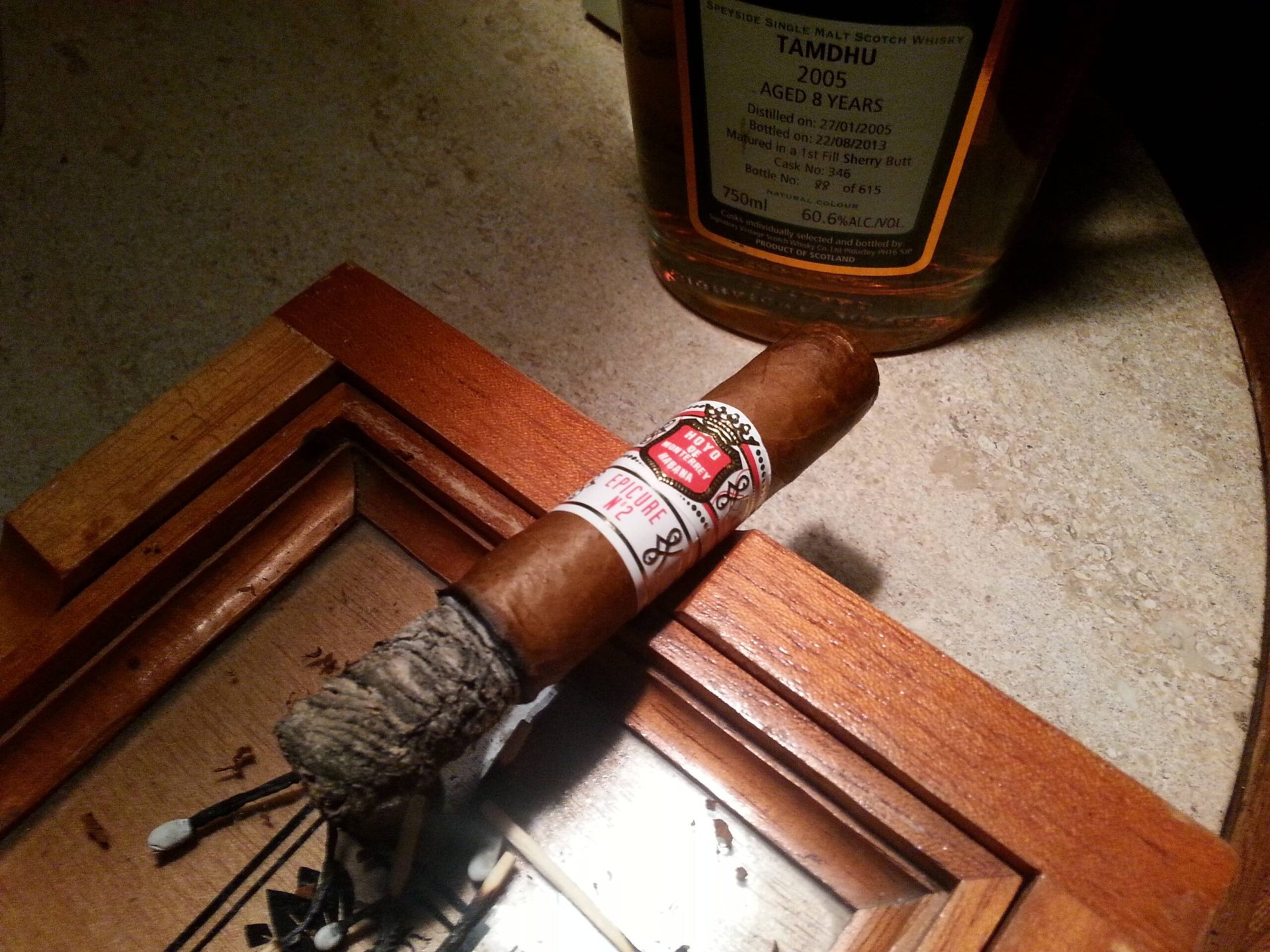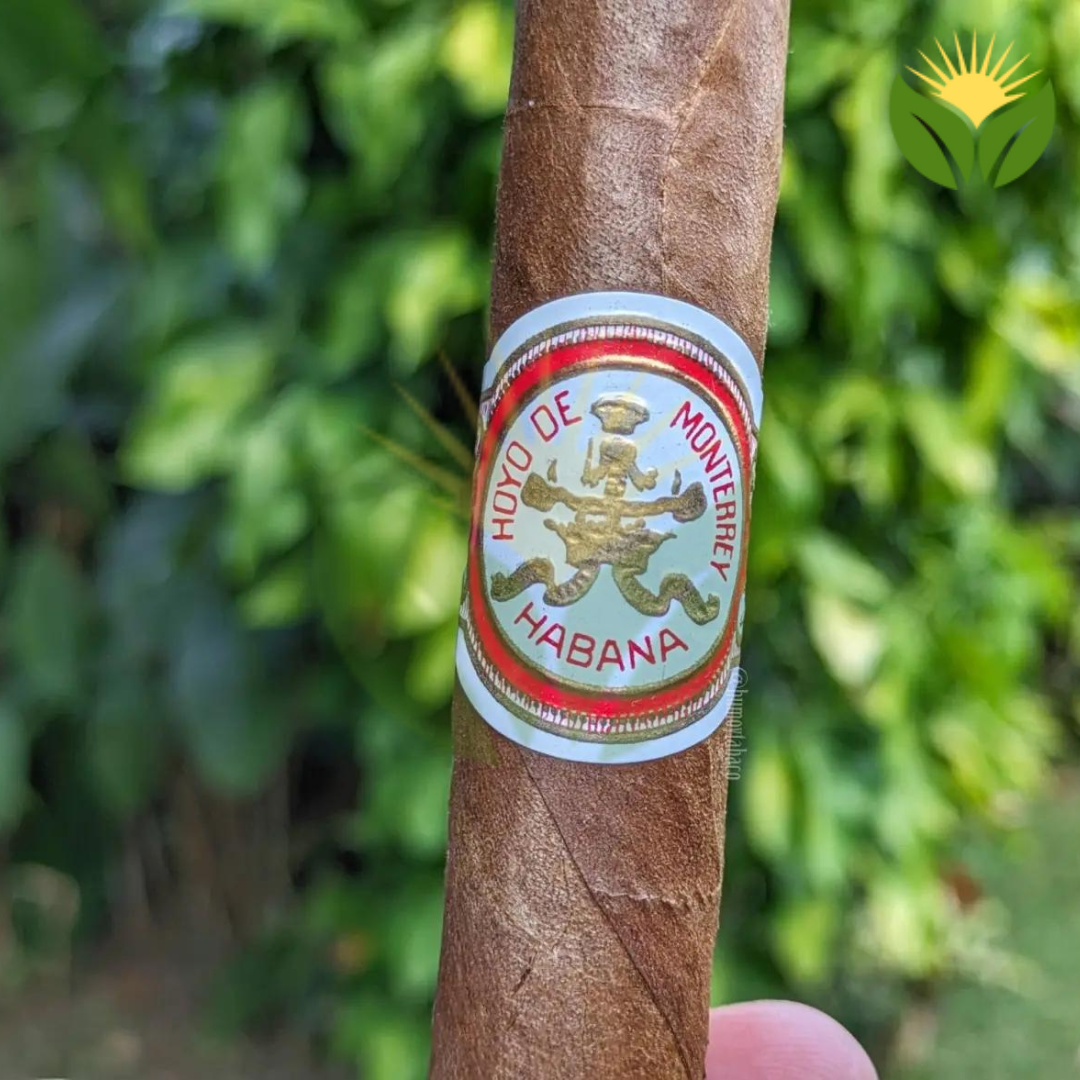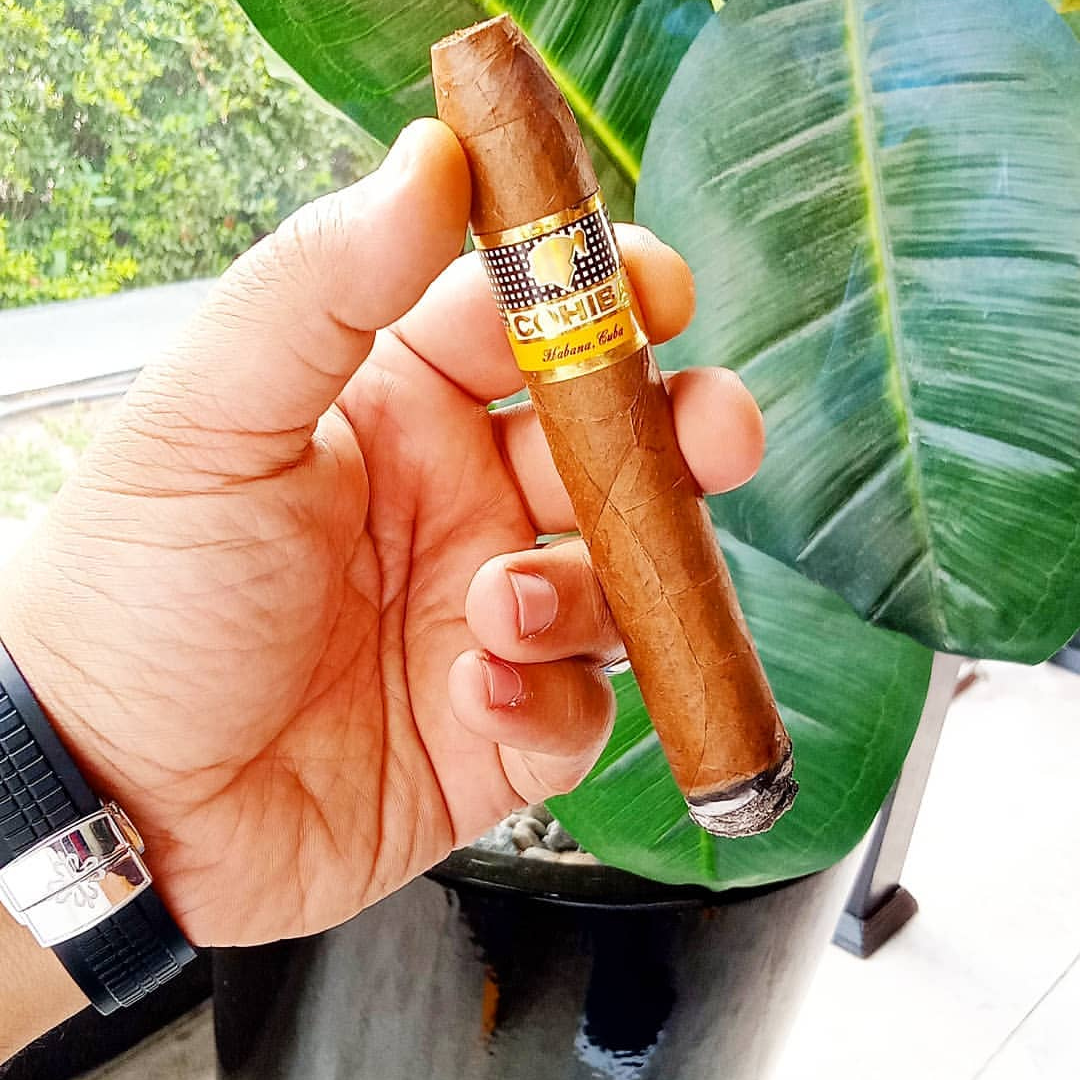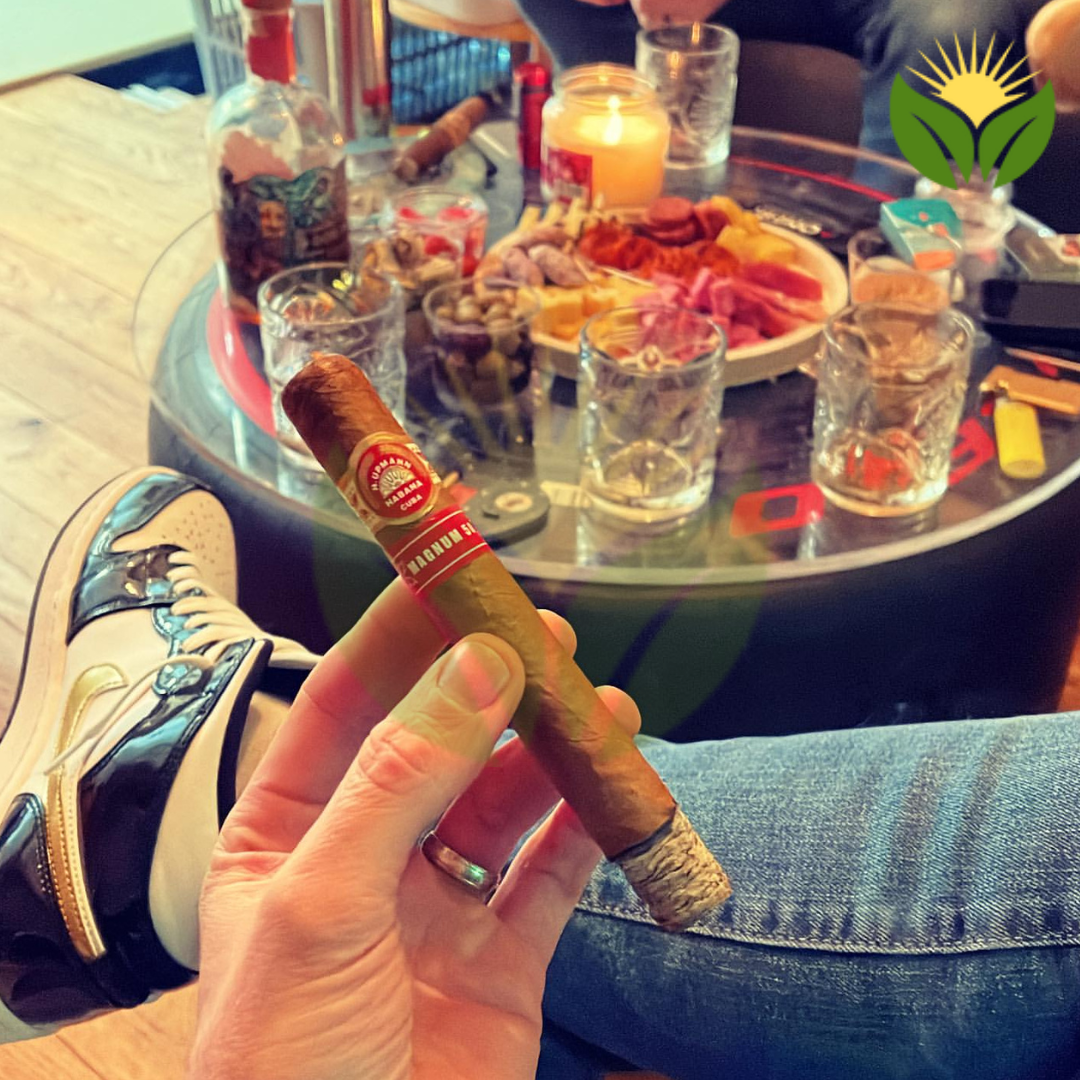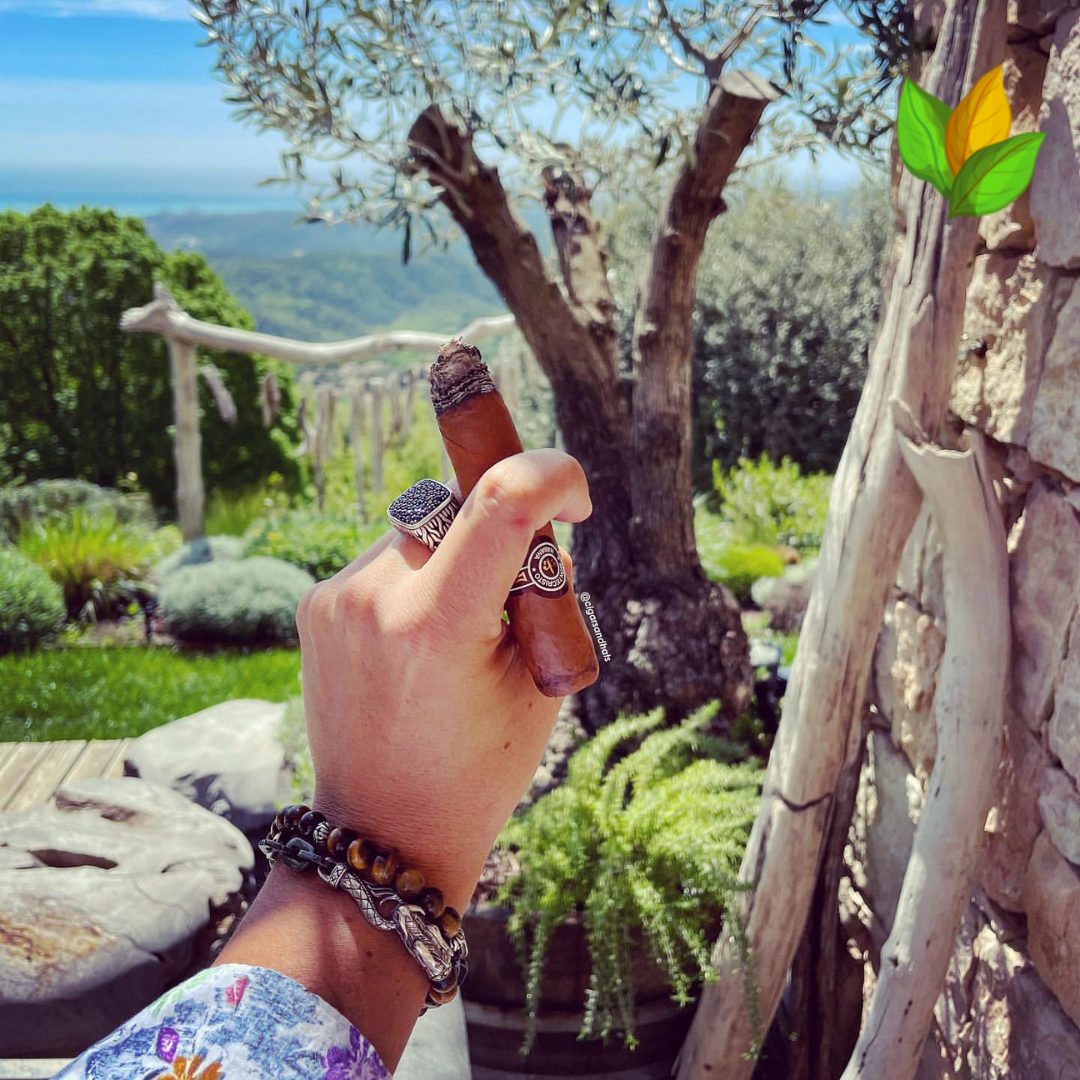Habana's Cigar Factories – A Look Back at Their Storied Past
Welcome to our comprehensive guide about Habana's Cigar Factories Look. In this article, we’ll explore everything you need to know about Habana's Cigar Factories Look, from selection and storage to appreciation and enjoyment. Whether you’re a seasoned aficionado or new to the world of Habana's Cigar Factories Look, this guide provides valuable insights and expert knowledge.
Table of Contents
- Introduction to Habana's Cigar Factories Look
- History and Heritage
- How to Select Habana's Cigar Factories Look
- Storage and Aging
- Enjoying Your Habana's Cigar Factories Look
- Frequently Asked Questions
Over the centuries, Havana’s cigar factories have become synonymous with the art of cigar-making and the rich cultural heritage of Cuba. Delving into the history of these iconic establishments reveals a fascinating journey intertwined with traditions, craftsmanship, and the unique role of “Los Lectores.” These factories are not merely production sites; they are living monuments to a bygone era, where skilled hands meticulously crafted some of the world’s finest cigars. To explore further insights into the culture and significance of Habana’s cigar factories, consider stepping into the research article on “Los Lectores” and the Culture of Cigarmaking in Cuba and ….
The Origins of Cigar Manufacturing in Habana for Habana's Cigar Factories Look
Early history and indigenous roots
For centuries, the production of cigars in Habana has been deeply intertwined with the island’s rich indigenous history. The practice of rolling tobacco leaves into cigars can be traced back to the indigenous peoples of the Caribbean, who cultivated and smoked tobacco long before the arrival of European colonizers.
The rise of cigar factories in colonial times
On the heels of Spanish colonization, cigar manufacturing in Habana experienced a significant boom. The fertile lands of Cuba provided ideal conditions for growing tobacco, which led to an increase in plantations and the establishment of cigar factories in the region. These factories became vital economic hubs, employing a large portion of the local population and contributing to the island’s reputation for producing some of the world’s finest cigars.
Indigenous communities played a crucial role in the early days of cigar manufacturing, providing valuable knowledge of tobacco cultivation and processing techniques to the Spanish settlers. This exchange of knowledge laid the foundation for the thriving cigar industry that would later define Habana’s cultural and economic landscape.
The Golden Age of Habana’s Cigar Factories for Habana's Cigar Factories Look
You can learn more about the rich history of Cuban cigar manufacturing and the challenges it faces today in Cuba grapples with the uncertain future of a national treasure.
Flourishing industry in the 19th century
An integral part of Cuban culture, the cigar industry in Habana experienced a golden age in the 19th century. The city’s factories produced some of the finest cigars in the world, attracting connoisseurs from far and wide. Skilled artisans hand-rolled cigars using the finest tobacco leaves, showcasing the expertise that would become legendary.
Innovations and contributions to global cigar culture
Cuban cigar factories led the way in introducing innovative techniques and styles that revolutionized the global cigar culture. From perfecting the art of cigar rolling to creating new blends that captured the imagination of aficionados, Habana’s factories set the standard for quality and craftsmanship. Their contributions to the industry remain influential to this day, shaping the way cigars are enjoyed around the world.
Understanding the impact of Habana’s cigar factories goes beyond their exquisite products; it researchs into the very essence of cigar culture. With a legacy built on tradition, innovation, and passion, these factories continue to inspire cigar enthusiasts and connoisseurs worldwide, showcasing the timeless artistry of Cuban cigar craftsmanship.
Social and Economic Impact for Habana's Cigar Factories Look
The role of cigar factories in Habana’s economy
With a long history dating back to the 18th century, cigar factories in Habana have played a significant role in the city’s economy. The tobacco industry has been a crucial source of employment and revenue, contributing to the overall prosperity of Habana.
Labor movements and societal changes
For decades, the cigar factories in Habana have been at the forefront of labor movements and societal changes. Workers in these factories have organized strikes and protests to demand better working conditions and fair wages, leading to significant changes in the socio-economic landscape of the city.
The role of these labor movements cannot be understated, as they have not only improved the working conditions for cigar factory workers but have also influenced wider societal changes in Habana. The workers’ resilience and determination have been instrumental in shaping the city’s labor policies and social dynamics.
Preservation and Legacy for Habana's Cigar Factories Look
Efforts to maintain traditional methods
Preservation of traditional methods in Habana’s cigar factories is a key focus for many enthusiasts and historians. Efforts are being made to ensure that the art of cigar making is preserved and passed down through the generations, maintaining the authenticity and quality that Habana cigars are renowned for.
Cigar factories as cultural heritage sites
With their rich history and cultural significance, cigar factories in Habana are not just places of production but also act as living museums of a bygone era. Many of these factories have been recognized as cultural heritage sites, attracting tourists and aficionados from around the world who are eager to witness the traditional craftsmanship and history firsthand.
To wrap up for Habana's Cigar Factories Look
Conclusively, Habana’s cigar factories have played a significant role in the history and culture of Cuba. Their storied past is not just a mere reflection of the tobacco industry, but a testament to the craftsmanship, tradition, and resilience of the Cuban people. From the iconic factories in Havana to the skilled torcedores who meticulously hand-roll each cigar, the legacy of these factories continues to captivate cigar enthusiasts worldwide. As we look back at their history, it is clear that Habana’s cigar factories will always hold a special place in the hearts of those who appreciate the art of cigar making.
FAQ for Habana's Cigar Factories Look
Q: What is the history of Habana’s Cigar Factories?
A: Habana’s Cigar Factories have a rich and storied past, dating back to the 19th century when Cuba was the world’s leading producer of cigars. The factories were known for their high-quality tobacco and skilled craftsmen, making Habana cigars the most sought-after in the world.
Q: How did Habana’s Cigar Factories influence the cigar industry?
A: Habana’s Cigar Factories set the standard for quality and craftsmanship in the cigar industry. Their meticulous attention to detail and traditional manufacturing techniques became the benchmark for cigar production worldwide. Many cigar enthusiasts still consider Habana cigars to be the epitome of excellence.
Q: What is the current status of Habana’s Cigar Factories?
A: The Cuban government nationalized the cigar industry in the 1960s, including Habana’s Cigar Factories. While the factories continue to produce cigars under state ownership, some cigar aficionados believe that the quality has declined due to changes in production methods and materials. Despite this, Habana cigars remain iconic in the world of premium cigars.
Summary for Habana's Cigar Factories Look
This article about Habana's Cigar Factories Look explores the essential aspects that every cigar enthusiast should know. Whether you’re new to Habana's Cigar Factories Look or a seasoned aficionado, understanding these key points will enhance your appreciation of authentic Cuban cigars.
Related Premium Cuban Cigars for Habana's Cigar Factories Look
If you’re interested in Habana's Cigar Factories Look, explore these exceptional Cuban cigars from our collection:
- Montecristo Open Master – Premium authentic Cuban cigars
- Cohiba Talisman – Premium authentic Cuban cigars
- Cohiba Majestuosos 1966 – Premium authentic Cuban cigars
Learn More About Cuban Cigars for Habana's Cigar Factories Look
Expand your knowledge about Habana's Cigar Factories Look and Cuban cigar culture:
- Read expert reviews at Cigar Aficionado
- Discover cigar history on Wikipedia
- Get industry insights from Halfwheel
Shop Authentic Cuban Cigars for Habana's Cigar Factories Look
Ready to experience the excellence of Habana's Cigar Factories Look? Browse our complete collection of authentic Cuban cigars with guaranteed authenticity, optimal storage, and worldwide shipping. Whether you’re seeking specific brands mentioned in this article about Habana's Cigar Factories Look or exploring new options, we’re your trusted source for genuine Cuban cigars online.
Explore Our Premium Habana's Cigar Factories Look Collection
Ready to experience authentic Habana's Cigar Factories Look? Browse our carefully curated selection:
- Bolivar Gold Medal – Premium authentic Cuban cigars
- Cohiba Behike 52 – Premium authentic Cuban cigars
- Montecristo No.5 – Premium authentic Cuban cigars
- Hoyo de Monterrey Serie Le Hoyo – Premium authentic Cuban cigars
- Montecristo Open Master – Premium authentic Cuban cigars
Related Articles About Habana's Cigar Factories Look
Continue learning about Habana's Cigar Factories Look with these informative articles:
- Mastering the Art of Smoking a Cuban Cigar
- Bolivar Habana Cigars – Authentic Cuban Cigars at Their Finest
- The Partagas Habana Cuba Line – Authentic Cuban Cigars at Their Finest
Expert Resources on Habana's Cigar Factories Look
Learn more about Habana's Cigar Factories Look from these authoritative sources:
- Cigar Aficionado – Expert reviews and ratings
- Wikipedia – History of Cuban cigars
- Halfwheel – Industry news and reviews
Start Your Habana's Cigar Factories Look Journey Today
Now that you’ve learned about Habana's Cigar Factories Look, it’s time to experience them yourself. Browse our complete collection of authentic Cuban cigars and discover why Habana's Cigar Factories Look are treasured by aficionados worldwide. With our guarantee of authenticity, expert curation, and worldwide shipping, your perfect Habana's Cigar Factories Look experience is just a click away.
Remember: Whether you’re new to Habana's Cigar Factories Look or a seasoned enthusiast, we’re here to help you find the perfect cigars for your taste and occasion. Don’t hesitate to explore our selection and join the ranks of satisfied customers who have made us their trusted source for authentic Habana's Cigar Factories Look.

